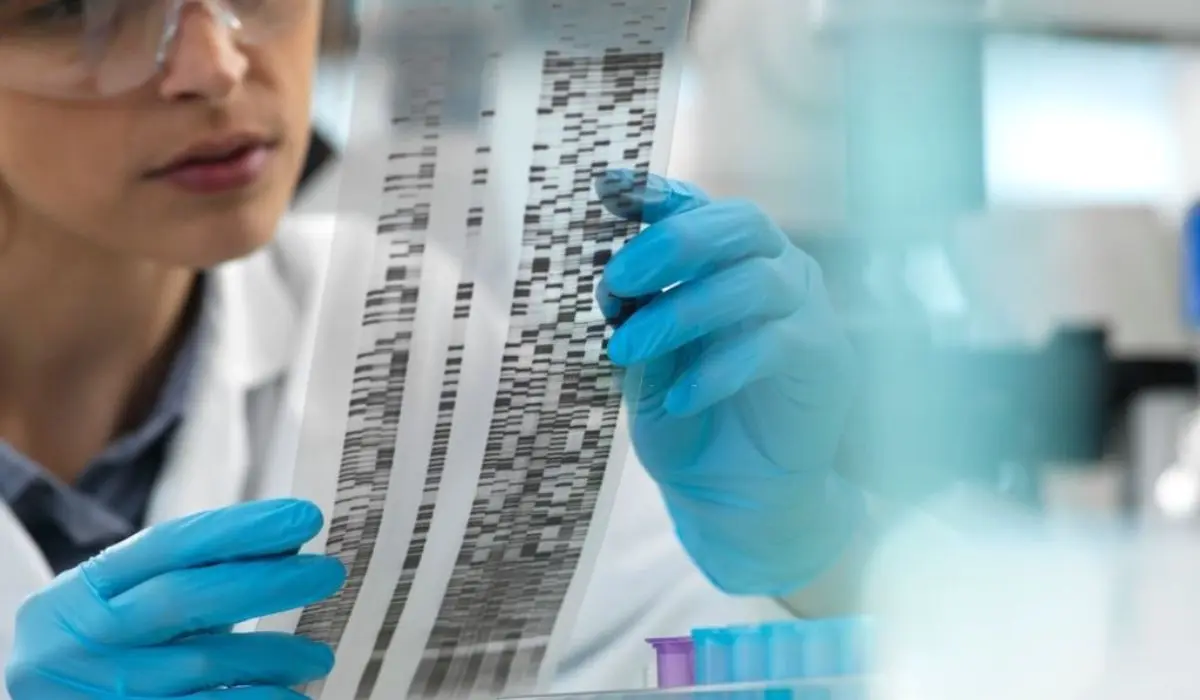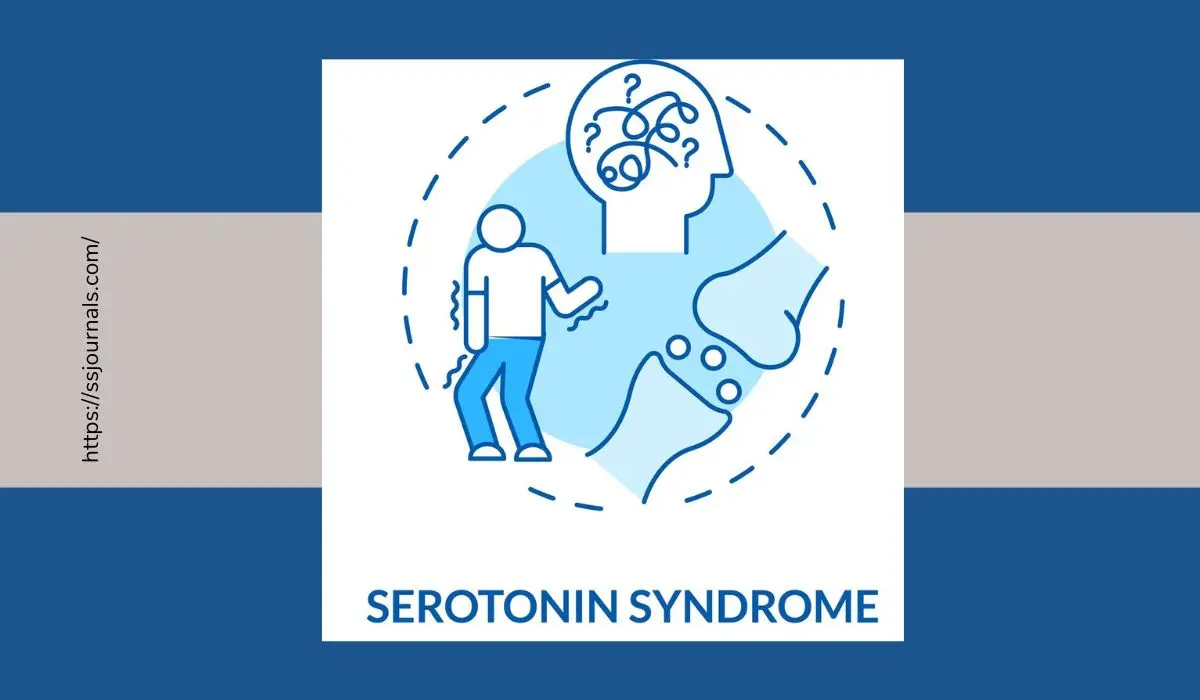Serotonin syndrome is a rare but potentially life-threatening condition caused by excessive serotonin buildup in the body. Understanding what causes serotonin levels to rise to dangerous levels, recognizing symptoms, and seeking prompt treatment is crucial to preventing serious outcomes from this condition.
What Is Serotonin Syndrome?
Serotonin syndrome occurs when too much serotonin accumulates in the central nervous system. Serotonin is a neurotransmitter that helps regulate mood, sleep, appetite, body temperature, and other functions.

High serotonin can become toxic and disrupt normal functioning. Mild to severe symptoms arise. In extreme cases, it can be fatal if left untreated.
What Causes Serotonin Syndrome?
Medications
Antidepressants like SSRIs and MAOIs, pain meds like tramadol, anti-nausea drugs, and cough medicines can raise serotonin.
Drug interactions
Combining multiple serotonergic medications that shouldn’t be taken together.
Overdose
Accidental or intentional overdose of a serotonin-influencing medication.
Illicit drugs
Cocaine, LSD, ecstasy, and amphetamines also boost serotonin.
Herbal supplements
St. John’s Wort, ginseng, and tryptophan can increase serotonin.
Higher dosages
Recently increased dosage of medication before the body has adjusted.
New medications
Starting a new serotonergic drug before the body has acclimated.
Genetic factors
Gene variations cause impaired serotonin metabolism.
Severe infections
In rare cases, viruses, and infections disrupt serotonin metabolism.
The most common cause is combining antidepressants, pain meds, or anti-nausea drugs that influence serotonin.
What Are The Symptoms Of Serotonin Syndrome?
- Agitation – Restlessness, anxiety, irritability.
- Confusion – Disorientation, lack of focus.
- Rapid heartbeat and high blood pressure – Tachycardia and hypertension.
- Heavy sweating and flushing of the skin
- Muscle rigidity – Stiff, rigid muscles.
- Muscle spasms and tremors – Twitching and uncoordinated movements.
- Nausea and diarrhea – Abdominal cramping.
- Headaches
- Shivering and goosebumps
- High fever
- Seizures
- Unconsciousness in severe cases
The hallmark symptom is neuromuscular hyperactivity – agitation, jerking muscles, and racing heartbeat.
Symptoms appear quickly after taking a serotonergic substance. Rapid worsening of symptoms indicates a medical emergency requiring hospitalization to prevent death.
How Is Serotonin Syndrome Diagnosed?
There are no definitive laboratory tests for serotonin syndrome. Doctors diagnose it based on:
– Symptoms – Rapid onset of typical serotonin toxicity signs.
– Medication history – Recently started or increased dosages of serotonergic substances.
– Physical exam – Checking vital signs, neurological status, and reflexes.
– Ruling out infections – Tests to exclude viral infections, neuroleptic malignant syndrome.
Diagnosing serotonin toxicity quickly is essential to prevent it from worsening. Doctors may use assessment scales like the Hunter Criteria to grade severity.
How Is Serotonin Syndrome Treated?
Treatment involves:
– Discontinuing serotonergic medications – Immediately stopping suspect medications.
– Supportive care – Managing symptoms until serotonin levels normalize.
– IV fluids – Maintaining hydration.
– Medications – Anti-seizure medicines, muscle relaxers, or blood pressure drugs.
– Hospitalization – For close monitoring and supportive treatment of severe cases.
With prompt treatment, most people fully recover within 24-72 hours once medications are stopped.
Can Serotonin Syndrome be Prevented?
– Don’t overuse or misuse serotonergic medications. Take only as directed.
– Avoid combining multiple drugs and supplements that influence serotonin.
– Inform your doctor about ALL medications, supplements, and herbs you are taking.
– Start new serotonergic drugs cautiously at low dosages.
– Seek immediate care if symptoms develop.
– If taking illicit drugs, seek help, as interactions are life-threatening.
Careful medication management and prompt medical care for symptoms can prevent serious harm. Public education on drug interactions and warning signs is key.
Conclusion
While rare, serotonin syndrome can have devastating consequences if unrecognized and untreated. Awareness of contributing medications, illicit drugs, proper dosing, and drug interactions allows prevention.
Rapid treatment improves prognosis and decreases mortality risk. Patients taking serotonergic substances should be vigilant for signs of toxicity.
FAQs
Antidepressants, pain medications like tramadol, anti-nausea drugs like ondansetron, and cough medicines like dextromethorphan.
Symptoms generally appear within several hours of taking or increasing a serotonergic medication or drug.
In mild forms, it resolves after stopping medications. But left untreated, seizures, arrhythmias, and organ failure can result in death.
Those starting or increasing the dosage of serotonergic drugs, combining multiple serotonergic substances, or taking very high doses.
Immediately discontinue suspect medications and seek emergency care for IV fluids, medications, and monitoring.

